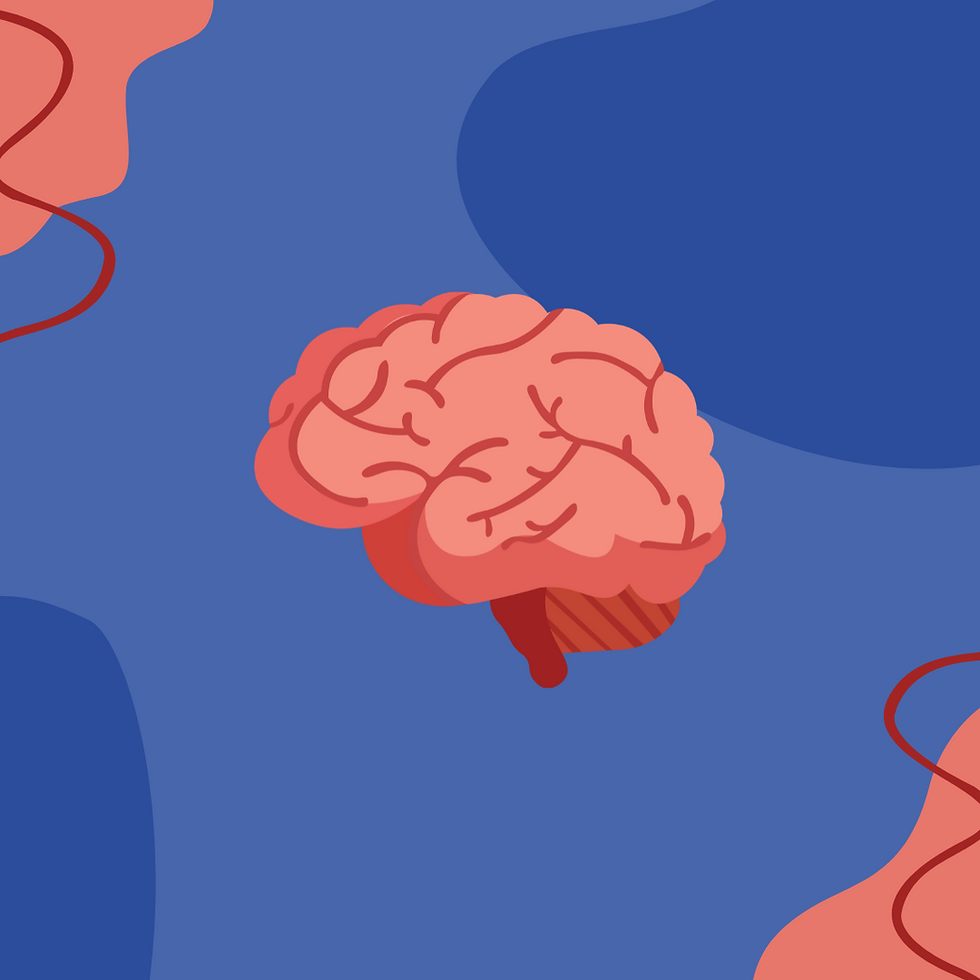The Psychological Benefits of Quran Memorization: Enhancing Cognitive Abilities
- Fowad Sohail
- May 5, 2024
- 2 min read

Memorizing the Quran provides not only spiritual enrichment but also enhances cognitive functions significantly. Studies have shown that this practice can improve memory, attention, and executive functioning skills. The mental discipline required for Quran memorization boosts cognitive flexibility, enhances comprehension and analytical skills, and contributes to long-term cognitive health, potentially delaying the onset of age-related cognitive decline. Engaging regularly in this intellectually demanding activity is thus beneficial for both spiritual and cognitive development.
Cognitive Flexibility and Enhanced Memory
Memorizing the Quran is a rigorous mental exercise that involves complex cognitive processes. It demands active and consistent engagement in tasks such as encoding, storing, and retrieving information from memory. This intensive practice strengthens both short-term and long-term memory capabilities and fosters the development of a robust neural network. Engaging with the intricate verses of the Quran not only improves memorization skills but also enhances overall cognitive flexibility and mental agility, contributing significantly to cognitive health.
Improved Attention and Executive Functions
The rigorous practice of Quran memorization has a profound impact on cognitive skills such as sustained attention, focus, and executive functioning. These are the brain’s command centers for managing tasks, planning, decision-making, and response inhibition. Regular memorization trains the mind to maintain attention and focus over extended periods, improving the brain's ability to juggle multiple tasks effectively. This enhanced mental discipline is not only valuable in academic and professional settings but is also crucial for daily decision-making and problem-solving. As a result, individuals who practice memorization can manage complex situations more efficiently and with greater ease.
Analytical and Comprehension Skills
The practice of Quran memorization is not only about reciting verses but also involves deep contemplation (Tadabbur) to uncover the meanings behind the words. This process enhances analytical and interpretative skills, which aids in applying critical thinking across various life aspects. Additionally, memorizing in Arabic, even for non-native speakers, offers cognitive benefits. Engaging with a foreign language can boost mental flexibility and improve memory. It also facilitates the gradual acquisition of vocabulary and language structure, which can enhance understanding and appreciation of the text's spiritual and linguistic depth.
Long-term Cognitive Health
Regularly engaging in mentally demanding activities like Quran memorization can contribute to long-term cognitive health. The process of memorization builds a cognitive reserve that helps to delay the onset of cognitive decline associated with aging. This cognitive reserve is crucial, as it enhances the brain's ability to manage age-related changes more efficiently, maintaining mental sharpness and reducing the risk of dementia and other age-related cognitive impairments.
Overall, the cognitive benefits of Quran memorization are extensive, touching upon memory, attention, analytical skills, and long-term brain health. This ancient practice offers a holistic approach to mental enrichment, providing significant spiritual and intellectual rewards that resonate across different aspects of life.




Comments